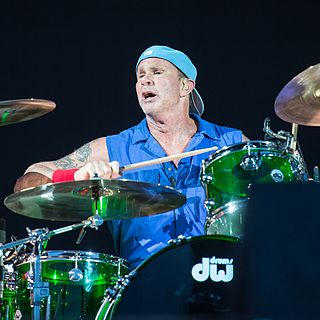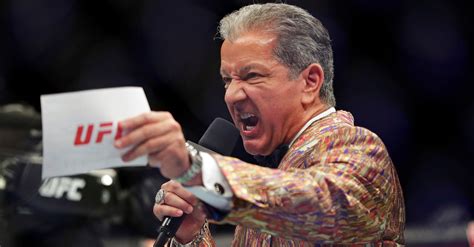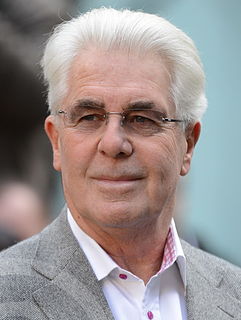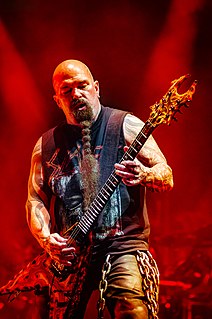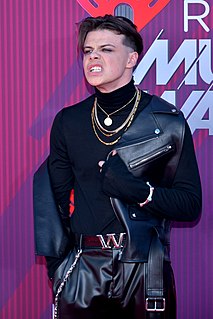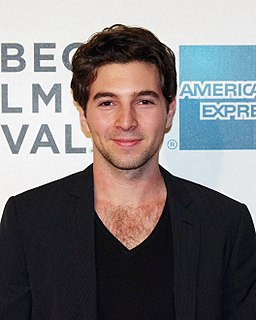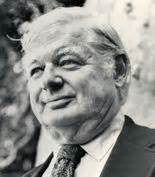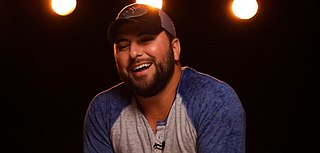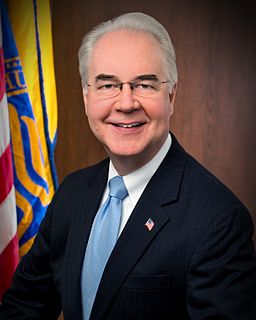A Quote by Tony Kanal
You can do a small club show and the energy is so contained. Then you play these big festivals, and have 50,000 people waving their hands in the air with you.
Related Quotes
I'm glad I can do both full-band electric and solo acoustic performances. It's nice to have contrast, so if you get fed up with one, you can just switch to the other one. It's great to go to a town and play an acoustic show, and then you can come back a year later and play electric, and the show's really fairly different. The repertoire will be 50 percent different. The musical energy is completely different.
We've got people that are paying premiums of $1,000 a month out there, and then they've got a deductible of $1,000. If you're making $40,000, $50,000, $60,000 out there and you've got an Obamacare plan, by and large you've got an insurance card, but you don't have any care because you can't afford the deductible.


